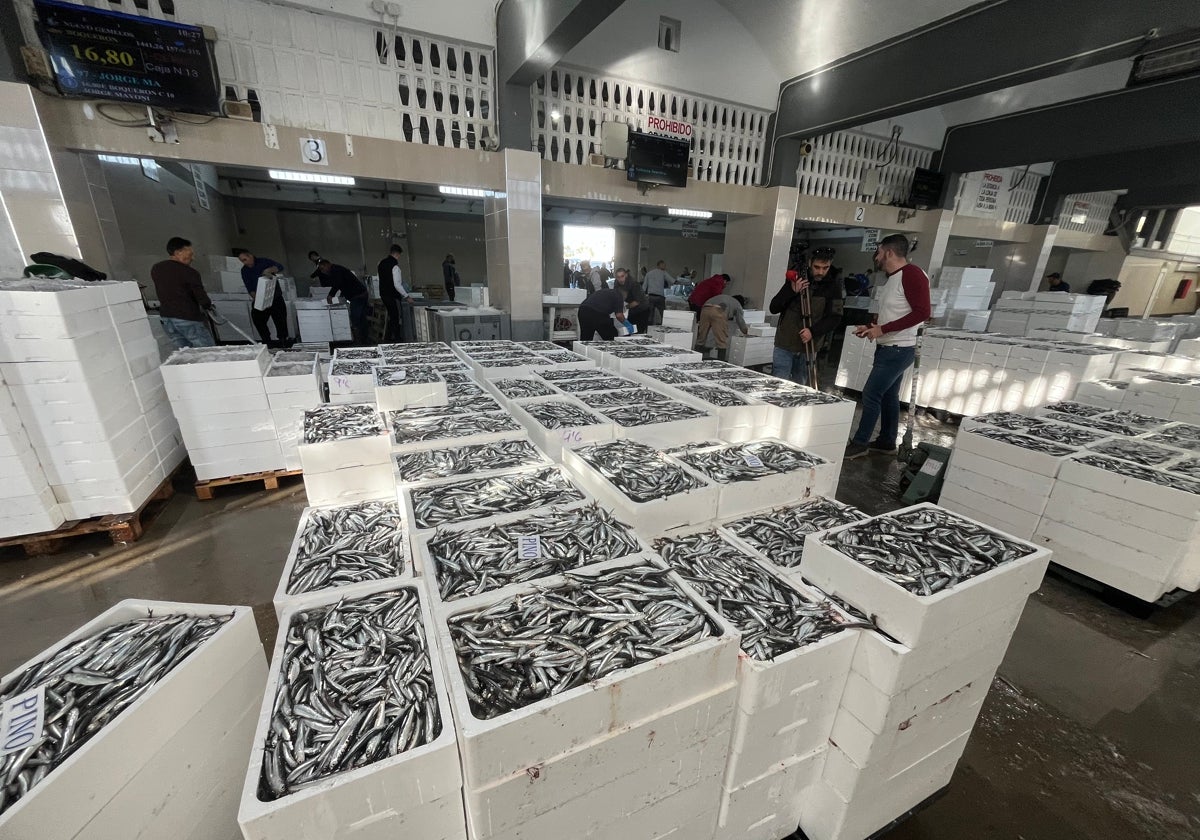Regional government bans fishing for clams on the Costa del Sol until 1 July
The Junta's ministry of fisheries has decreed a four-month ban after reaching the quota of 25 tonnes set for Andalusian ports on the Mediterranean
The regional government of Andalucía has temporarily banned clam (Chamelea gallina) fishing. The measure will be in force from 4 March to 1 July due to Andalusian ports already having reached the maximum quota of 25 tonnes for the molluscs. The decree was published in Wednesday's BOJA (the official gazette of the Junta).
The measure is in compliance with an order from 24 March 2014, subsequently amended in 2017, 2019 and 2024, which determines the biological reference points for the exploitation of the main species caught in the Mediterranean.
Any specimens of this species caught accidentally shall be returned immediately to the sea.
According to the order, the Chamelea gallina will be considered "within safe biological limits and can, therefore, be exploited in a sustainable manner, when the total catch does not exceed 25 tonnes per annual fishing season". Once this figure is reached, catching must cease.
Electronic system
After analysing the catches recorded in the electronic system, it was verified that the sales recorded during the 2024-2025 fishing year exceeded 25 tonnes, which requires the immediate closure of the fishing grounds for Chamelea gallina.
The measure will be effective until 1 July 2025. It bans the catch and subsequent keeping on board, tranship, land and market the clam specimens from the Mediterranean fishing grounds. Any specimens of this species caught accidentally must be returned immediately to the sea.
Failure to comply with this resolution will be sanctioned in accordance with the provisions of Law 1/2002 of 4 April, and/or Law 3/2001 of 26 March. This is not the first time the measure has been adopted, as it also occurred in 2019, 2020 and 2021.
Trawling
The measure affects the shellfish sector and comes on top of the cuts in fishing days that the trawling sector is also suffering from. Trawling, with 42 boats in the province, half of which are in the port of Caleta de Vélez, is not going through its best period. Around 200 fishermen who work on these vessels are facing a very dark future, following a EU fishing agreement, which reduces the number of fishing days allowed per year by 79%, from 130 to 27. The only way to increase them is to replace the nets with larger nets and fishing gear in 2025, as a compensatory measure.
Faced with these complex conditions, the Spanish trawling sector agreed to a one-week strike against the agreement at the beginning of January.
'We are going through the worst time in our history. They have prioritised the species and not the fishermen.'
"We are going through the worst time in our history. They have prioritised the species and not the fishermen. With 27 days of fishing a year, we can't make ends meet. A boat is a business. If we apply the compensation measures that have been agreed, such as changing the nets and using fishing doors, we could reach 130 days, but compared to the 155 we had in 2024, this would mean a reduction of 25%," explained Mari Carmen Navas, patron of the Caleta de Vélez fishermen's guild.
According to her, the EU cuts will result in "a drop in trawl catches of between 30 and 40% for each boat". Authorities have stated that, according to scientific studies, it would only result in a 13% decrease, considering that the rest of the species have no commercial value. "We don't see it viable - without guaranteeing the same fishing days as in 2024 and changing the meshes, we don't know how the sector is going to move forward," Mari Carmen Navas said.

